Whoa!
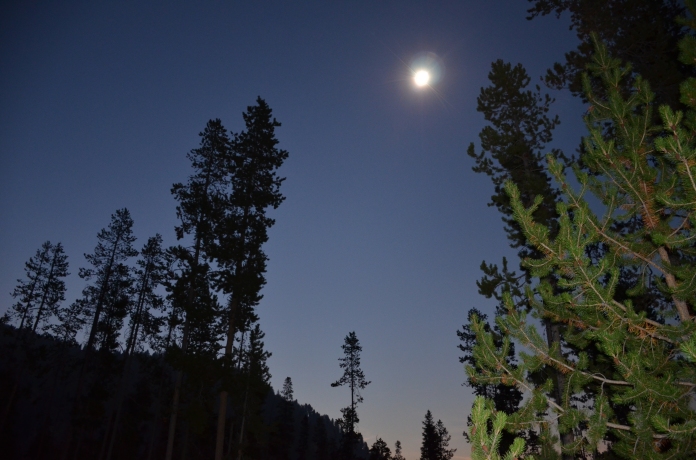
We headed up to Idaho, right outside of Stanley, to meet family and friends at a campground to watch the eclipse. We also got to check out lots of fun things to do while the moon was not in front of the sun. One favorite activity was learning to play Balderdash. Players make up definitions for obscure words, acronymns, movies, dates and then the made up definitions are given along with the real one, and everyone guesses which is the correct definition. It was really fun!
Chris and Gavin rafted and kayaked the Salmon River. It was Gavin’s first time rafting and he loved it! It was Chris’ first time kayaking a river and he loved it too. I didn’t go because Lilah had a negative experience recently on a rafting ride, getting too wet and cold and scared and firmly told us she didn’t want to raft. So, we listened to her wishes and hope that someday, maybe soon, she’ll be ready to brave the raft too.
We went to a nearby lake to hike, paddleboat, kayak and paddle board. There were so many fish, little and big, silver and even some red kokanee. It was our first time on paddle boards and Lilah and I had so much fun! Gavin enjoyed the kayak more and Chris preferred that too.
On one visit we took a speed boat across the lake to hike the other side. We found a lovely waterfall.
There were many natural hot springs near Stanley so we visited one at the edge of the river one evening. The spring was hot! and the river was cold! and every so often you’d find a sweet spot where the two mixed together in the right proportions, but mostly the tops of my legs were hot and my back was cold. It was fun to see how different depths and sizes of pools changed the water temperature. Gavin spent the evening on a huuuge log jam, pulling sticks out, tossing them in the river, finding treasure (fishing floats, beautiful sticks) buried in the hill of wood.
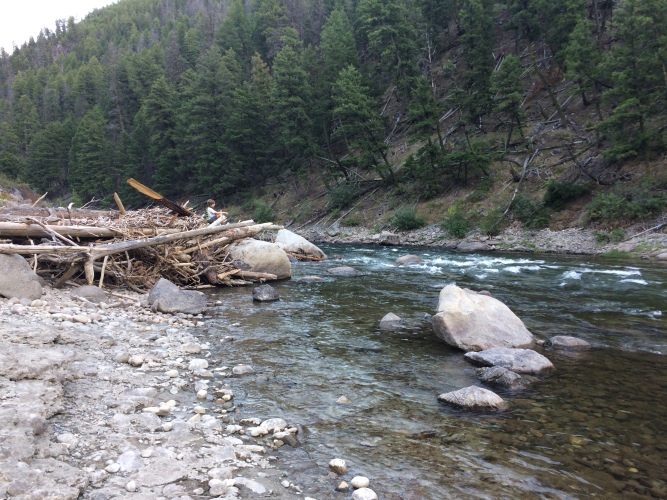
And then there was the eclipse. Incredible! Words can’t describe the experience adequately. We had breakfast and then it was time for the partial eclipse to begin. We passed out glasses and watched the moon ever so slowly cross in front of the sun from the top right edge, slowly, slowly toward the bottom left. It was warming up when the eclipse began but it started getting colder again after maybe a half hour or so and by the time the moon completely eclipsed the sun it was much colder. We checked the time and watched the progress and watched the shadows change from rounded edges to crescent shards as the eclipse got past 90%. It seemed to get murky and strange though it was still quite bright until suddenly the light was gone. It was dark enough to feel like night, though not as complete as night, similar to the darkness between twilight and full night.
We took off our glasses and saw the sun black, it’s corona red around it and surrounded by white shining light that was pointed in several directions, like we draw stars. You could see the corona moving, spitting, exploding. We could see other stars. The animals quieted. The humans did too. It was such an amazing experience it was hard to take it that it was actually happening. And then, 2 minutes and 13 seconds later, a shine, and then a burst of light out from the other side of the moon and then the crescent grew and grew into our usual round sun. The warmth returned, the usual activities of the day returned.
After talking with friends upon our return home, many of them watched the partial eclipse, not realizing how amazing a total eclipse really is, or not realizing the difference between a 98% eclipse and 100%. It made me so glad that we were able to realize what an opportunity we had and grab it. It was utterly amazing.
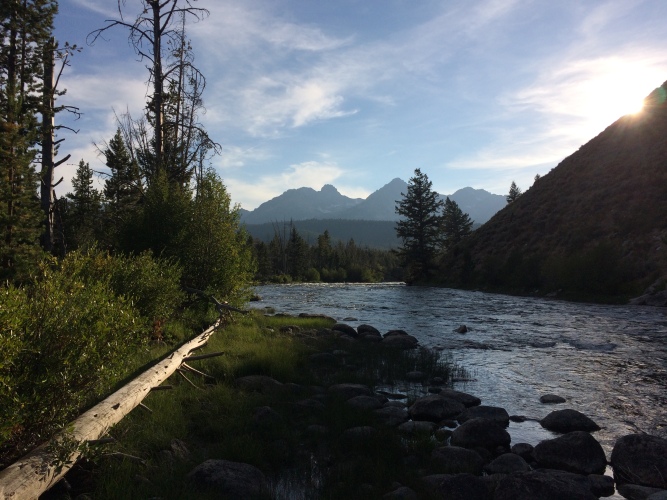
We listened to much of Patricia Wrede’s Lyra series on our way to and from the campground. It’s a fun series though I wish the narrator was a little more sensitive to context and emotion in the material. We arrived home to love from the cats and the first lemon cucumbers ready for picking, some cherry tomatoes and several squash including a pink banana. I love squash and am so excited about our squash plants this year but it may be quite a challenge to figure out how to store and eat all of it.
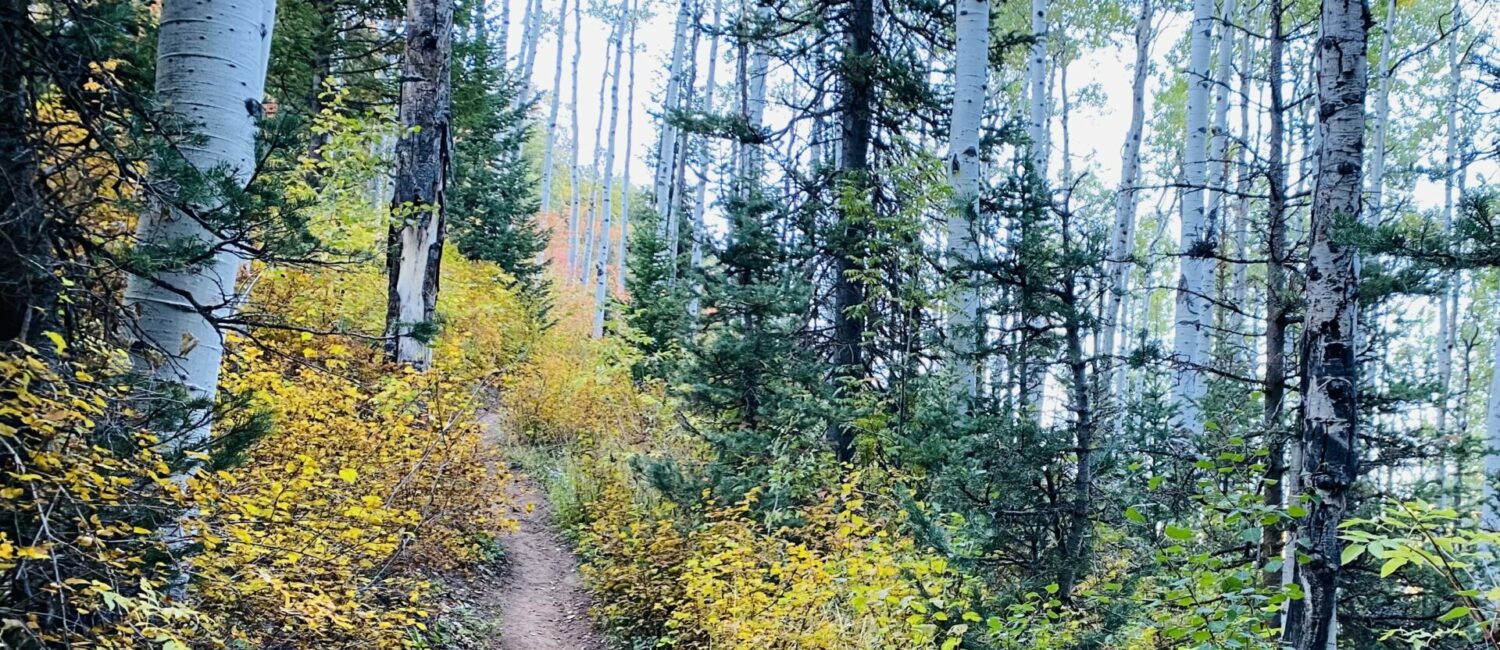
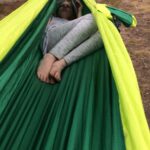
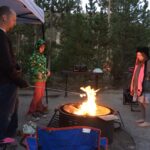
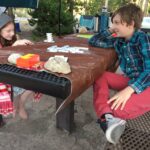
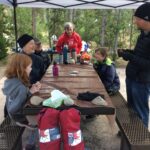
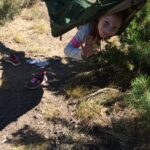
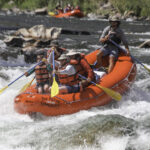
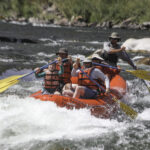
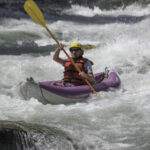
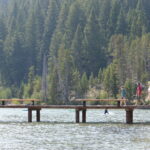
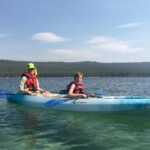
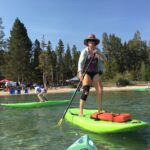
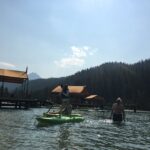
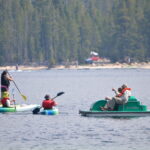
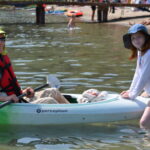
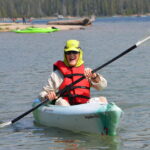
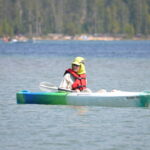
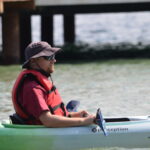
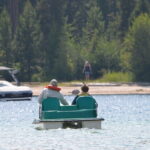
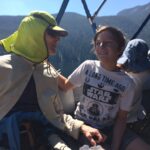
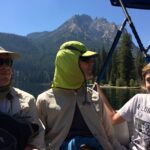
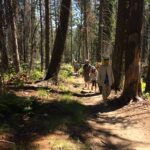
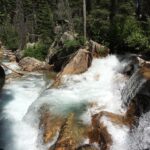
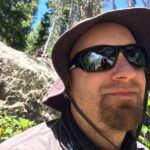
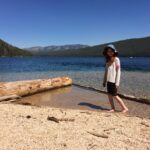
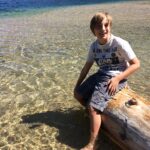
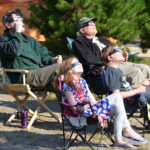
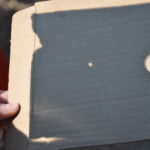
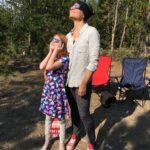
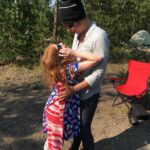
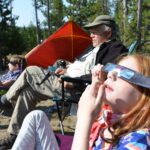
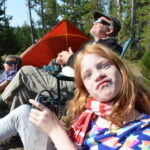
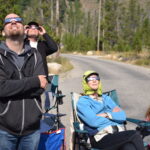
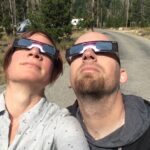
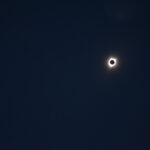
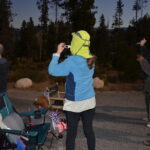
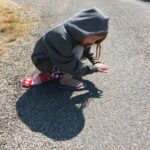
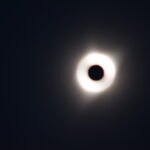
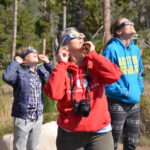
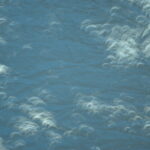
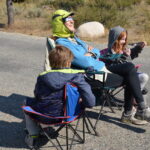
You must be logged in to post a comment.